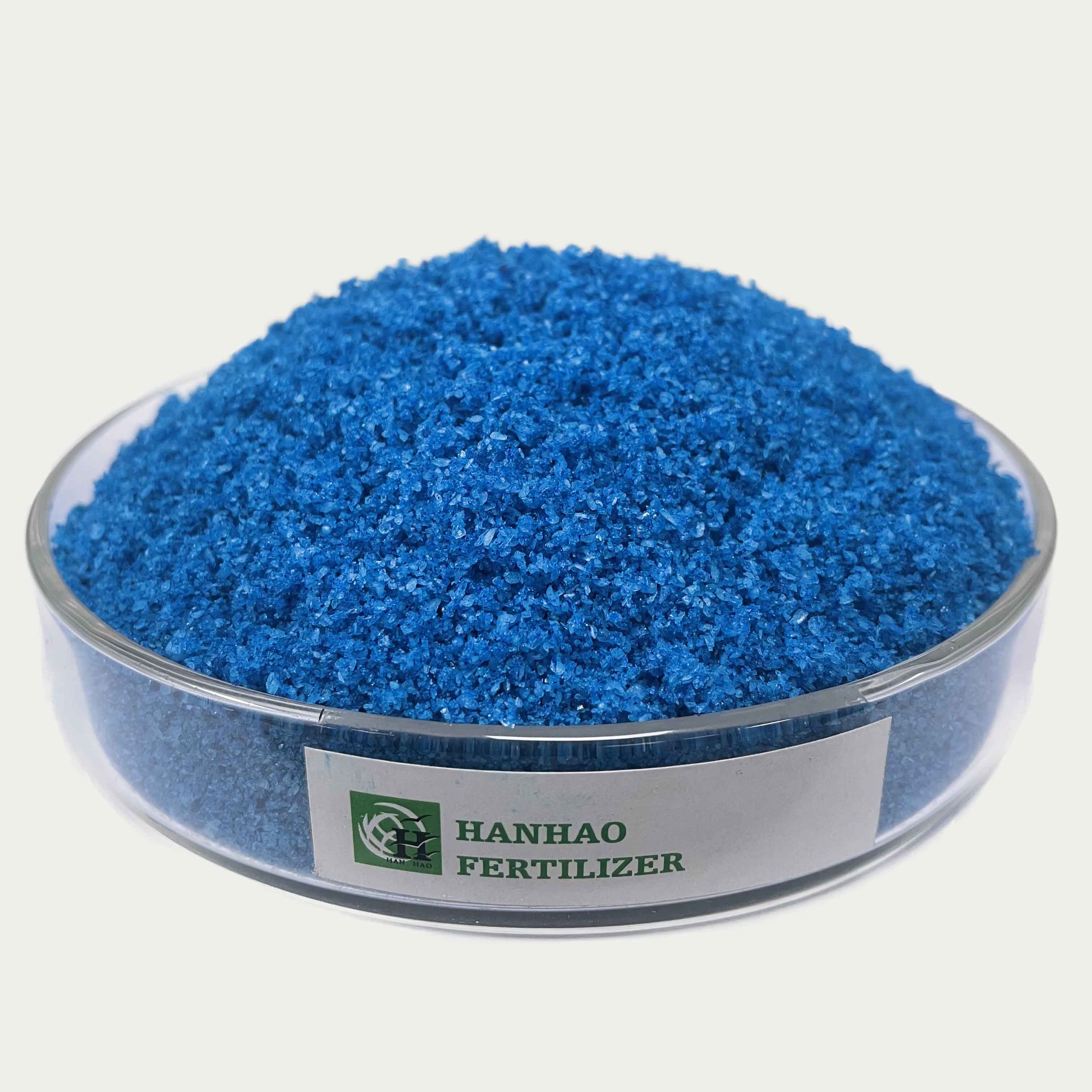
Nov . 22, 2024 07:31 Back to list
best organic fertilizer for tomato seedlings manufacturer
Best Organic Fertilizer for Tomato Seedlings A Manufacturer's Guide
Growing healthy tomato plants starts from the ground up, and choosing the right organic fertilizer for your tomato seedlings is crucial. Organic fertilizers not only provide essential nutrients but also improve soil health, promote beneficial microbial activity, and help retain moisture. With a plethora of options available in the market, this article aims to guide manufacturers and gardeners alike in selecting the best organic fertilizers for tomato seedlings.
Understanding the Nutritional Needs of Tomato Seedlings
Tomato seedlings require specific nutrients for healthy growth. Key nutrients include nitrogen (N), phosphorus (P), and potassium (K), commonly referred to as NPK. Nitrogen is vital for leafy growth, phosphorus supports root development and flowering, while potassium enhances fruit quality and resistance to diseases. Additionally, micronutrients such as calcium, magnesium, and sulfur are essential for overall plant health.
1. Types of Organic Fertilizers
There are various types of organic fertilizers that can be beneficial for tomato seedlings
- Compost Compost is a well-rounded organic fertilizer made from decomposed organic matter. It enriches the soil with a variety of nutrients and improves its texture, allowing better water retention and aeration. - Manure Well-rotted animal manure is an excellent source of nutrients. Cow, chicken, or horse manure can provide a balanced nutrient profile and enhance soil health when properly composted.
- Bone Meal This slow-release fertilizer is rich in phosphorus, essential for root development and early flowering.
- Fish Emulsion Derived from fish processing, this fertilizer is packed with nitrogen, making it ideal for promoting vigorous growth in young tomato plants.
- Seaweed Extract Seaweed-based fertilizers are rich in trace minerals and plant growth hormones, which can promote healthy growth and improve resistance to stress.
2. Selecting the Best Organic Fertilizer
When selecting organic fertilizers for tomato seedlings, consider the following factors
a. Nutrient Ratio Look for fertilizers with an NPK ratio suitable for the growth stage of seedlings. A balanced or slightly higher nitrogen formula is ideal for young plants.
b. Release Rate Choose fertilizers with a slow-release mechanism to provide a steady supply of nutrients over time. This prevents nutrient burn and promotes consistent plant growth.
best organic fertilizer for tomato seedlings manufacturer

c. Soil Condition Assess the existing soil health. If it’s lacking in specific nutrients, opt for fertilizers that can fill those gaps.
d. Organic Certification Ensure that the product is certified organic to guarantee it meets the organic farming standards, free from synthetic additives.
3. Application Tips
Applying organic fertilizers correctly is essential to maximize their benefits
- Timing Fertilize tomato seedlings during planting and then every four to six weeks as they grow. This ensures a continuous supply of nutrients.
- Method Work granular fertilizers into the soil to promote absorption and avoid direct contact with the seedling roots. For liquid fertilizers like fish emulsion, water them down and apply as a foliar spray or soil drench.
- Quantity Follow the manufacturer’s instructions regarding the amount to use. Over-fertilizing can lead to nutrient imbalances and hinder growth.
4. Benefits of Using Organic Fertilizers
Using organic fertilizers for tomato seedlings comes with multiple benefits
- Soil Health Organic fertilizers improve soil structure and enhance microbial activity, leading to healthier plants and better yields.
- Sustainability They are environmentally friendly and promote sustainable gardening practices, reducing reliance on chemical fertilizers.
- Flavor Tomatoes grown with organic fertilizers often have better flavor, providing a rewarding taste experience.
Conclusion
Choosing the best organic fertilizer for your tomato seedlings is fundamental for success in gardening. By understanding the nutritional needs of tomatoes, evaluating different organic options, and applying them correctly, you can ensure robust plant growth and bountiful harvests. As a manufacturer, focus on delivering high-quality organic fertilizers that meet these criteria, helping growers achieve their gardening goals while promoting sustainable practices. Embrace the journey of nurturing these vibrant plants while also contributing to a healthier ecosystem.
-
Premium Organic Manure Compost for Eco Gardens
NewsAug.01,2025
-
Organic 10-10-10 Fertilizer | Balanced Plant Nutrients
NewsJul.31,2025
-
Premium Amino Acid Fertilizer | Rapid Plant Growth Booster
NewsJul.31,2025
-
10 10 10 Fertilizer Organic—Balanced NPK for All Plants
NewsJul.30,2025
-
Premium 10 10 10 Fertilizer Organic for Balanced Plant Growth
NewsJul.29,2025
-
Premium 10 10 10 Fertilizer Organic for Balanced Plant Growth
NewsJul.29,2025
